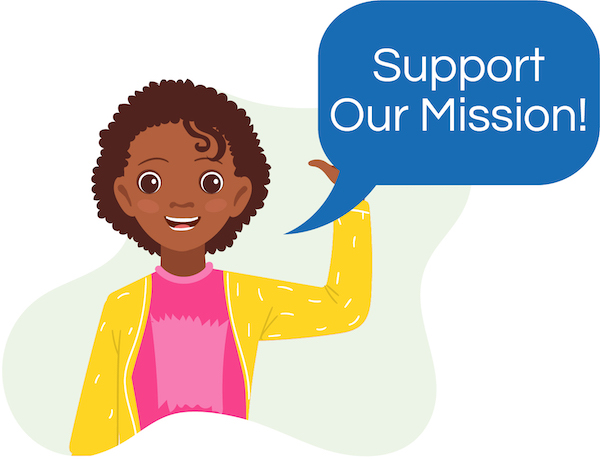I must go waaaay back in my memory to remember what I did in kindergarten. But back then I probably needed to learn shapes and colors, how to tie my shoelaces, be able to recite the A-B-C’s and count from 1-10. The rest of the time I played during my kindergarten day- sometimes by myself and other times with my kindergarten peers.
Today’s kindergarten classroom and curriculum may look vastly different from the experience I encountered as a 5-year-old. Many K-classrooms today are mostly designed to help students develop cognitive skills, and many of these skills fall outside of developmentally appropriate guidelines for preschoolers.
I often wonder, why has the focus of preschools become so intensely academic in recent years? My thought is over the past few decades some parents have been overly concerned about their child getting into college. Now that thought by a parent is not a bad thought -but, being worried about that for your pre-schooler or kindergartener? The children we are talking about are 3-5 years old. While some children may be ready to read and study math facts at that age, requiring these skills of children who are not ready could have more negative impact on the child.
This is where developmentally appropriate practice comes into the discussion. Developmentally appropriate practice is a term early childhood educators use often, but a term many outside the field might not understand. Essentially, it means that we teach according to what research and developmental theories tell us is best for children.
So, here are a few developmentally appropriate skills I believe teachers (and parents) should help preschoolers develop so they arrive in kindergarten ready to succeed:
- Fine motor skills: Many of the children at this age cannot manipulate scissors properly, yet research shows this skill is vital for young learners. Beading, using crayons, spooning, tonging, and other activities can help build fine motor skills, so their little hands are truly ready to write when the time comes.
- Listening skills: “My child (or student) doesn’t listen.” I have heard this from parents and teachers for decades. I usually respond with this advice: the best way to teach a child to listen to you- is by listening to them. Additionally, to help good listening to develop, you can make sure to give short multi-step directions, read your children stories on topics they are interested in, and teach whole body listening. Listening is not only an important skill for kindergarten- but for life as well.
- Basic needs skills: Learning to take care of their own basic needs, such as setting up their lunches and lunch table, putting on their own jacket, and eventually tying their own shoes, fosters independence in even the youngest preschoolers. Also, young children can learn to be self-advocates for what they want or need by asking or stating their needs in polite ways. This will grow into a lifelong skill as it develops into appropriate assertiveness over time as your child matures and develops.
- Social skills and conflict resolution: Preschool is the perfect time to help children learn how to get along with others, to share, to take turns, and to work through conflict peacefully. I believe that there needs to be explicit instruction and direction for this skill to develop. Parents and teachers occupy the perfect “development laboratory” in their homes and classrooms to expose children to how peaceful conflict resolution looks and to educate them on the skills and techniques necessary to accomplish this.
- Play skills- Free, unstructured play and organized group play: Developmentally speaking, play is the “work” of children. Just as work is important to us as adults, children too derive many positive skills and feelings via play. In group play children can express themselves individually while learning boundaries of the games, rule following and how to enjoy and handle competition and collaboration with others. Children also need to explore without the limitations adults sometimes place around activities. Free play encourages imaginations and creativity. We do not need to direct every single activity for our preschoolers- we can give them time to just be on their won, by themselves.
I my opinion, school should be more than simply equipping children with skill development in Reading-Riting and Rithmatic. I believe that today in addition to these traditional 3 R’s we can best prepare our children for the future if we also focus on teaching and reinforcing Responsibility and Respect- which the above skills help to promote.
To summarize, my best advice with fostering cognitive and social-emotional skills is to let your children develop naturally along with your guidance. All skill development, especially during the pre-school years, must be taught and the lessons reinforced. Giving attention to the skills I note above in the pre-school years will give your child the best preparation for kindergarten and beyond. As their brains grow and develop, cognitive skills with follow and you will have prepared your child to better face not only kindergarten- but their life ahead as well.
Be well, joe cozzo




